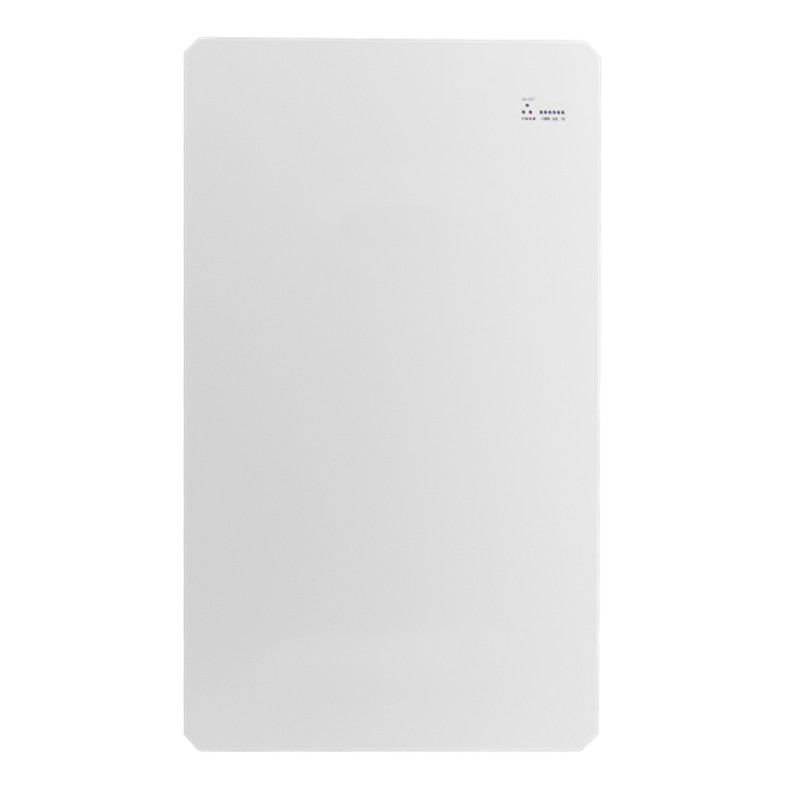Are solar panels worth it?
EnergySage Intel's latest Solar & Storage Marketplace Report Ac Coupled System

How much do solar panels cost?
As subject matter experts, we provide only objective information. We design every article to provide you with deeply-researched, factual, useful information so that you can make informed home electrification and financial decisions. We have:
Sourced the majority of our data from hundreds of thousands of quotes through our own marketplace.
Incorporated third-party data and information from primary sources, government agencies, educational institutions, peer-reviewed research, or well-researched nonprofit organizations.
Built our own database and rating system for solar equipment, including solar panels, inverters, and batteries.
We won't charge you anything to get quotes through our marketplace. Instead, installers and other service providers pay us a small fee to participate after we vet them for reliability and suitability. To learn more, read about how we make money and our Editorial Guidelines.
The market for home energy storage options like the Tesla Powerwall has taken off in recent years, and costs are falling quickly. Many homeowners and businesses are considering adding a battery backup to their solar panel system.
The benefits of a home battery can be significant, especially if you have solar: you can use more solar energy onsite or save it to use as backup power if the grid goes down. If you are on time-of-use (TOU) rates for your electricity or pay monthly demand charges, you can even save money by using power from your battery when rates are high.
The difficulty associated with adding a battery depends on whether your solar panel system was designed to add energy storage later on.
If you have a so-called "storage ready" system, you already have an inverter that can easily integrate a battery into your solar panel setup. In this situation, a battery is relatively simple to install, and installation won't require much additional equipment.
If your solar panel system wasn't originally designed with the ability to add storage later, the installation would be slightly more complicated. You have two options in this scenario: an AC-coupled solution or an inverter replacement.
If you choose an alternating current (AC) coupled solution, your battery will be installed with a separate inverter integrated into your home's energy system.
If you install an AC-coupled solution, you can keep your solar system's existing inverter, saving money upfront. You can also be more flexible regarding the size of your battery relative to your solar panel system. However, choosing an AC-coupled solution does result in some efficiency loss over time.
Most buildings use AC power, but your solar panel system produces electricity in direct current (DC) power. When your solar panel inverter converts the DC power to useful AC power, a small amount of electricity is lost in the conversion process. There are additional conversion steps if you install an AC-coupled battery backup system. As a result, AC-coupled systems are less efficient than systems with a single inverter.
The alternative to an AC-coupled solution is to replace your existing solar inverter with one that works with a battery. String inverters need to be replaced every ten years or so, so if you have a solar panel system that's at least five years old, you may want to swap your existing inverter for an all-in-one solar and storage inverter option.
The primary benefit of a DC-coupled solution is that it will improve your efficiency by reducing the energy you lose during current conversion. This option will be more expensive upfront. Replacing your inverter to accommodate a battery can result in additional costs associated with system redesign and rewiring. However, the exact costs will always depend on your current system and the installer you're working with.
Check out this blog to learn more about the differences between AC and DC-coupled batteries.
While some exceptions exist, most solar batteries designed for small-scale use are compatible with existing solar panel systems. The battery you choose for your home or business depends on your reason for installing an energy storage system.
Most batteries cannot take your home fully off the grid to the point where you sever your connection with your utility – they don't have enough storage capacity to power your home for days on end in the event of an extended bo